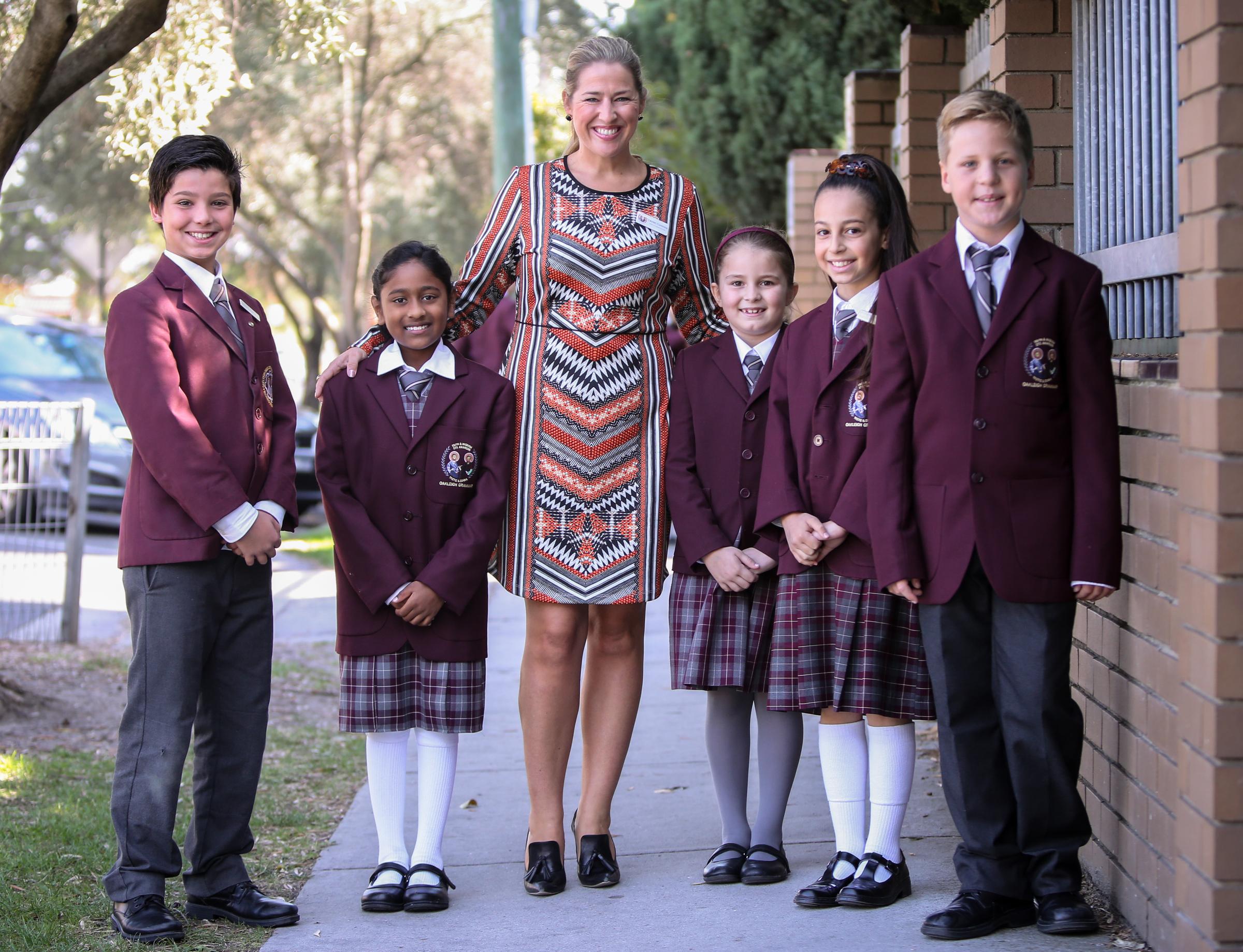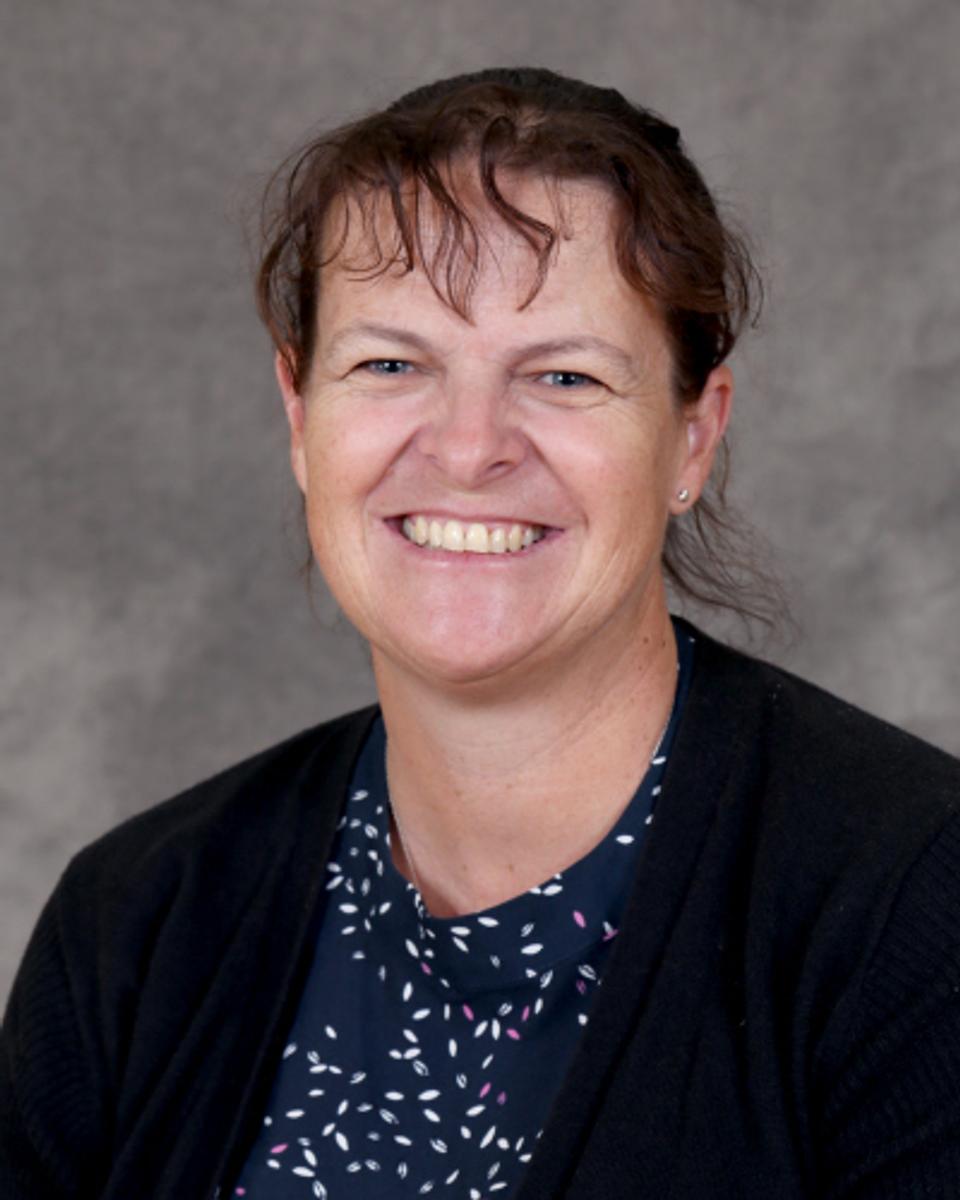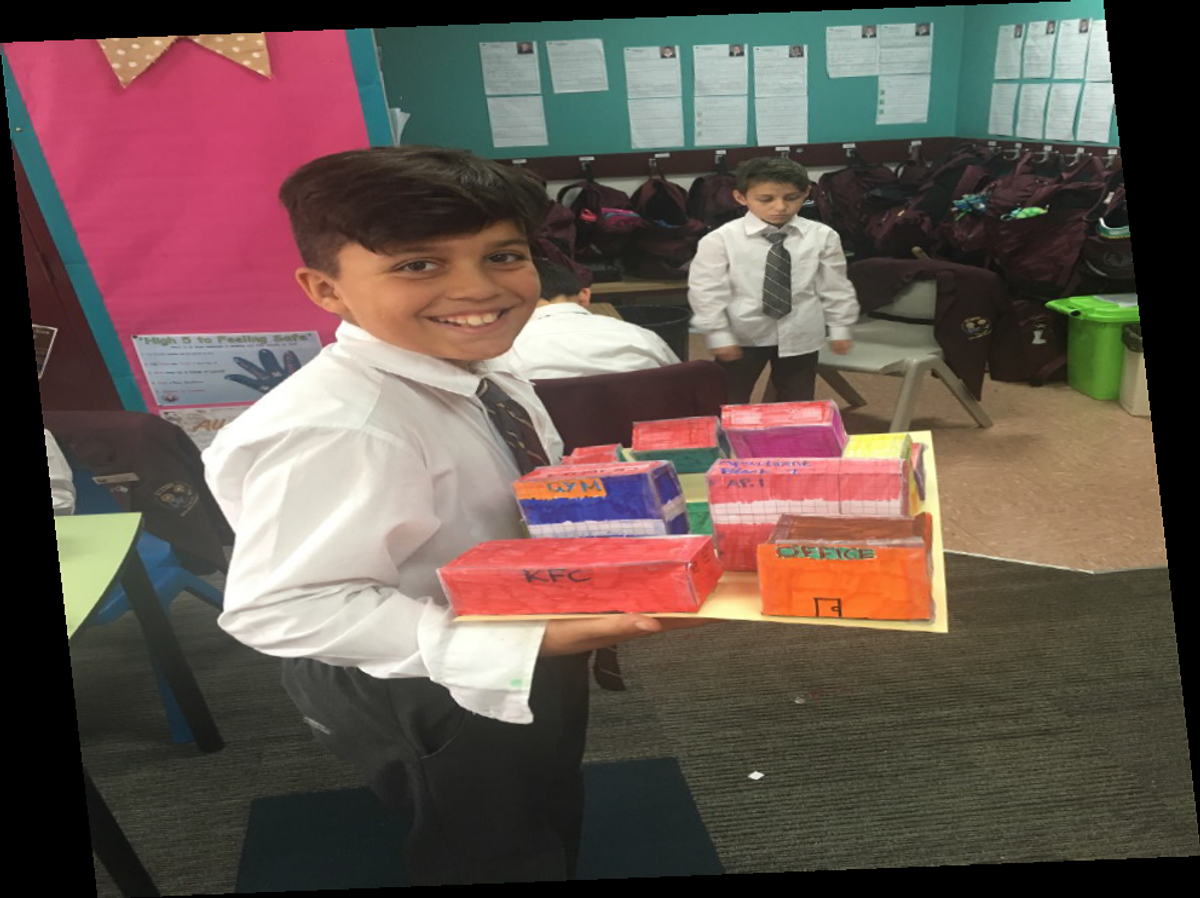
Junior School
Head of Junior School
SARAH BOARDMAN
Acting Head of Junior School
Junior School students have a wonderful reputation for their neat and tidy uniforms, and should be congratulated on the pride they take in our School and themselves. As it is very cold in the mornings, coming into winter we would ask families to consider the following:
- Wear a singlet, long sleeve top or thermal under School shirt that cannot be seen.
- Ensure student blazers and ties are worn to and from School.
- During School hours students may wear their sports jacket if they are very cold.
It has been pleasing to notice the effort that our classes are putting into remembering to demonstrate the respect they have for representing our School in our local community. I am sure that our current Buzz challenge, linked to everyone wearing our uniform with pride, is going to be very close over the next few weeks.
IMPORTANCE OF SLEEP
Sleep can affect concentration, memory and behaviour. It’s no wonder that how well your child sleeps has an impact on how well they may learn. Good quality sleep helps your child concentrate, remember things, and behave well which supports them to be successful learners. Poor sleep, or not enough sleep, affects concentration, memory and behaviour, making it harder for your child to learn. Children who don’t sleep well are more likely to feel sleepy and to face challenges with learning during the school day.
Children who are sleepy can have trouble concentrating during the day. If your child can’t keep their attention on what they are trying to learn, whether it’s climbing a tree at the park or singing a song at school, it will affect learning.
Remembering things is part of the consolidation of learning. For example, if your child is tired, it’s harder for them to remember basics such as how to spell words, do maths calculations, or where to find information in a book or on the internet. Our brains create and strengthen different types of memory in different sleep cycles. For example, just before your child wakes in the morning, their brain uses the last stages of an appropriate length sleep pattern to sort and store memories and information from the previous day, and get ready for the day ahead.
Sleepy children tend to have more problems with behaviour at school – and at home too! For example, a sleepy child might find it more challenging to regulate their own choices, or to follow the teacher’s instructions.
Everyone’s sleep patterns will be different, however the encouragement of consistent routines and consideration of activities that may be coming up, may benefit from additional opportunities for rest prior to them occurring, can often have a positive impact on the overall feeling of wellbeing and resilience for all children.
Mother's Day
Thank you to the mothers and special friends who visited our classrooms on Friday 12th May. The children loved having you work with them on their special activities.
Following the classroom visits, some of our mothers carried on to the Mother's Day breakfast held in the Conference Centre. Our sincerest thanks to all of our families who were able to attend these sessions, we hope that all our Mums were spoilt on the weekend.
Bentleigh District Cross Country
We would like to congratulate the team who represented our School at the Bentleigh District Cross Country event recently. We were very impressed by the dedication they showed when participating in before school training, along with the perseverance and resilience they showed on the day. A special mention is to be made to Charlotte Brown, who finished 8th in her race, and Veronica Micallef, who finished 4th in her division. Well done to all our wonderful competitors!
Better Buddies Program
One of the most common forms of distress in the lives of children can be bullying. In Australia it affects approximately one student in every four. Bullying can have a devastating affect on a child. In addition, children who portray bullying behaviours are more likely to commit anti-social behaviour and criminal acts.
The Alannah and Madeline Foundation's Better Buddies Framework, is an initiative designed to create friendly and caring primary school communities, where bullying is reduced. Through Better Buddies, children in their first and last year of primary school buddy up and learn the values: caring for others, friendliness, respect, valuing difference, including others and responsibility. However, here at Oakleigh Grammar, we believe in the importance of all children in the school learning these values through formal and informal activities, including interactions with the mascot Buddy Bear, our giant, fun-loving and caring purple bear.
Better Buddies enables younger children to feel safe and cared for, whilst older children feel valued and respected. It is designed to enhance existing programs with the evidence-based framework complementing existing school wellbeing programs linked to national curriculum initiatives. Here at Oakleigh Grammar clear, intentional links are identified between the Better Buddies program and our Leader in Me process in the Junior School.
To support this, buddy opportunities occur regularly throughout the year through the use of cross aged activities. There are at least six multi-age activities across the year that all year levels participate in. A huge thank you is extended to Ms Katherine Bogiannidou for coordinating the program, with the assistance of Mrs Kathy Haramis.
Student Supervision
Please remind students that the Inner Yard is a quiet area with no running or ball games. We ask that parents assist in before and after school times in reminding students that it is a public area with foot traffic, and not an area for ball or running games please.
Students should be with parents prior to 8:20am, when our designated teacher comes on Yard Duty. If students are playing on the grass or playground equipment they should be accompanied/supervised by a parent prior to this time, as there is no teacher on duty yet. After 3:40pm when the duty teacher has completed his/her duty, students should also be accompanied by a guardian if remaining on school property.
Visitor Passes
For the security and safety of all students, parent helpers and visitors to the School are requested to please sign in and collect a visitor’s pass from Reception before entering the school grounds.
Staff members have a responsibility to approach any unknown person in the school who is not wearing a badge. This of course, does not apply when dropping students off in the morning or collecting them in the afternoon when our gates are open. We appreciate your assistance in this important aspect of school security.
Applied Learning in Year 5 Numeracy with Miss Scott and Miss Bland
Can you remember sitting in a maths class and desperately trying to commit a mathematical formula to memory? Did you ever say “When am I ever going to use this?” When planning our curriculum and the approaches we take to teaching and learning, we try very hard to ensure these are not the thoughts of our students.
Our Year 5’s recently applied aspects of their numeracy learning to the development of a miniature city. They calculated the area, perimeter and volume of buildings, converted their measurements, and used units of measure when recording their calculations. They drew shape nets from their calculations and then turned them into 3D replicas of their designs.
The student’s discussed the elements of mathematics needed in design, planning and construction of a miniature city, and immensely enjoyed applying all of their knowledge.
Education Week - ELC Visit
Selected students from Years 2 to 5 went across to the ELC to work with our Kinder 3s and 4s during Education Week. The focus was on phonics and letter sound recognition. Our Year 2 students used their iPads to take photos of the familiar surroundings of the school and ELC, and turned these into flashcards.
The students worked with the Kinder 3s on developing their vocabulary and what they could see in the pictures. Our JS students were very impressed with the three year-old's knowledge of their letter names and vocabulary. The four year-old's were working very hard on the letter sounds, and sorting the flashcards into alphabetical order. The older students were extremely encouraging and adapted their lessons to best meet the needs of the age group – well done!
Thank you very much to our Junior School representatives for making this such a positive and fun learning opportunity for our ELC students, and a huge thank you to our ELC students and teachers for allowing us to come over and work with you.
Student Reflections
Kathryn – Yr 2: The children in K3C were very good at repeating the sounds they heard.
Olga – Yr 5: It was so fun seeing the three year-olds enjoying it.
Tommy – Yr 5: The three year-olds knew lots of words, but found the sounds tricky.
Stephania – Yr 4: The K4s kne





